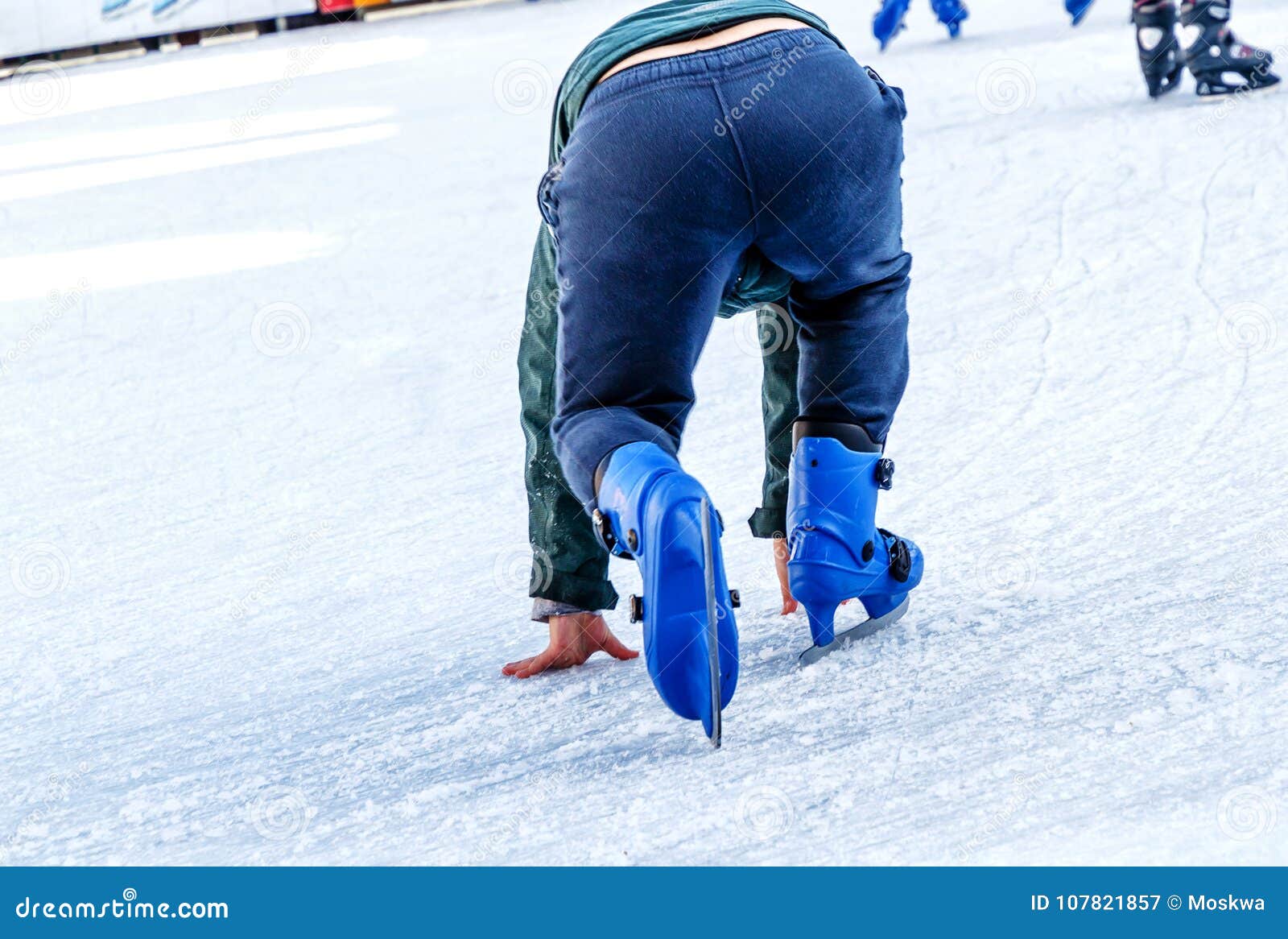
As ice hockey emphasizes the ability to repeatedly produce power, single bout anaerobic power tests should be examined to determine their ability to predict on-ice performance. Historically, these findings have been applied to ice hockey, although recent research has brought their validity for this sport into question. Nonetheless, many other data collections should be done with different levels of skaters, at different ages and gender, with the aim of creating a VO2max estimating chart and also confirmed with a laboratory based VO2max measurement on cycle ergometer.Īnaerobic power is a significant predictor of acceleration and top speed in team sport athletes. CONCLUSION: A progressive speed skating test till exhaustion appears to measure maximum aerobic capacity of elite speed skaters. These preliminary results suggest that the protocol brought athletes to their maximal capacity based on the plateau observed for HR, VO2, and a RER higher than 1.15. RESULTS: Skater #01 stopped at stage 15 (10.89 m/s) with a HR of 185 bpm and VO2max of 61 ml/min/kg, compared to skater #02 who stopped at stage 18 (11.58 m/s) with a HR of 194 bpm and VO2max of 66 ml/min/kg. Measurements during the test for oxygen consummation (VO2), respiratory exchange ratio (RER) and heart rate (HR) were performed with a portable metabolic analyzer and an HR monitor. The skaters had to follow the rhythm of increasing speed until exhaustion or until they could no longer maintain the pace (off on two consecutive beeps). The first stage started at 13.0 seconds/lap, representing a speed of 8.55 m/s. An audio track was created (beep test audio track) so that the speed of skating would accelerate by 0.20 seconds every 2 lap stages. The skaters performed a continuous multistage test on Olympic-sized ice rink (Maurice Richard arena, 111.12m course perimeter).

Participants were 22 years old, with mean body weight of 69.8 ± 1.0 kg and height of 176.5 ± 8.9 cm.

METHODS: Two athletes of the men's Canadian national team participated in the pilot study.

PURPOSE: The aim of this project was to create an on-ice test to estimate skater's VO2max. There are still no sport-specific tests to evaluate directly on ice the aerobic capacity for short track speed skating athletes.


 0 kommentar(er)
0 kommentar(er)
